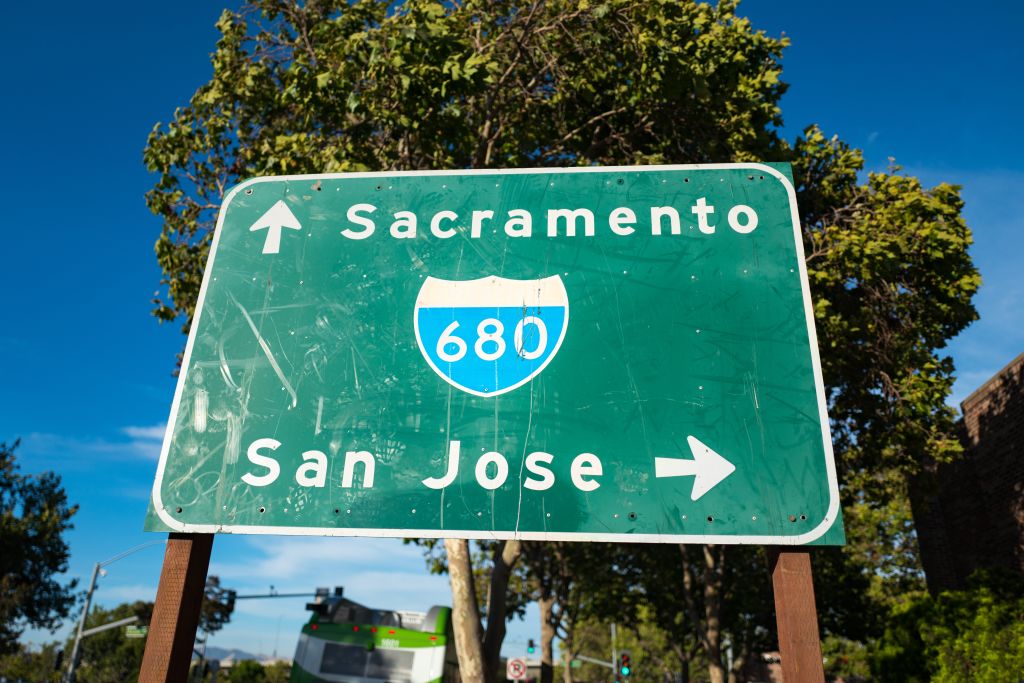A day before Brazil takes the world stage, its president is facing impeachment, some of its lawmakers are being investigated for allegations of torture and corruption, and the country is in its worst recession in decades. While economists doubt the games will have a lasting positive effect on this South American country, the people of Rio are hoping for some boa suerte (good luck).
“I think it’s a good idea and opportunity for people from different countries to visit Brazil and to know about Brazil’s culture and how the people live here,” henna tattoo artist Daniel Malungoo said.
Business has been ramping up for the Copacabana beach vendor as more visitors for the Olympic Games means more henna tattoos.
It also means more Brazilian reals for locals, many of whom live in extreme poverty.
“Education, health problems, transportation, safety,” said Rio’s Marina Assumpcao, who studied medicine in California. “We went on a hike and we see this amazing view of Rio. On the other hand, we see favelas that are so poor, with drugs and traffic.”
She is worried about the amount of money spent to bring the games to her beloved Brazil – an estimated $11-$15 billion, according to economists. It is money Assumpcao says could have been used to tack some of the country’s biggest issues like corruption.
Brazil’s first female president Dilma Rousseff has been suspended; hundreds of public school teachers are striking; and human rights groups are accusing the police of execution-style killings.
Local
"It is ultimately compromising any effort to improve public security and fulfill its promise in terms of the bid for the Olympics,” Human Rights Watch’s Daniel Wilkinson told NBC News.
San Jose State University’s Michael Conniff has been studying Brazil for almost 50 years. He says the situation there may get worse before it improves.
“When the Olympics were assigned to Rio in 2009, everyone was ecstatic. The Brazilians thought, we’ve come of age. The president said this shows we’re a serious country. We’ll be in the spotlight for years. I think now people are hoping to get through it without major disruptions or major embarrassment,” Conniff said.
Sao Paolo’s Anderson Thees remains hopeful, saying the Olympics are helping shed light on the situation. He was recently in San Francisco speaking to members of Bay Brazil, a non-profit group linking Brazil and the Silicon Valley.
“On the ground, there is a general sense of finally, we are able to act upon the issues we have. While internationally the impression we have is most of the world is finally paying attention,” Thees said.
Many hope the world attention’s on the Games could change lives long after the Olympic flame is extinguished.
“I hope [people] do see it. I hope they have a good experience here, with good things like the culture,” Assumpcao said, continuing, “But I hope they see the other side.”



